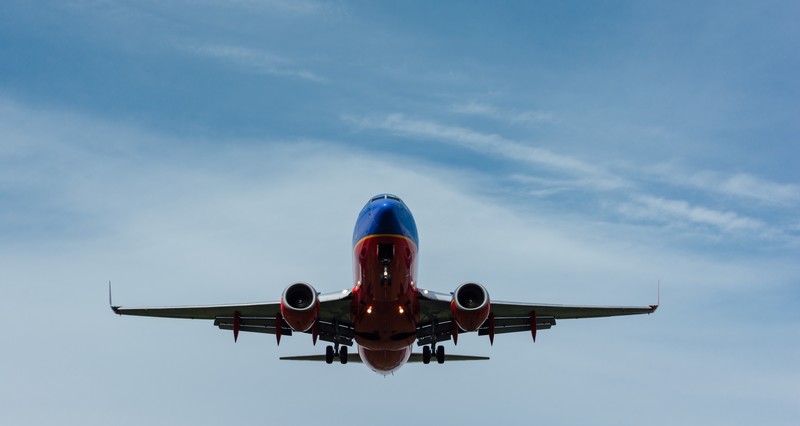Wouldn’t you love to fly across the world knowing you weren’t also contributing to climate change? Well, soon that dream could become a reality.
Driving the news: The first-ever net-zero transatlantic flight is set to take off next year when a Virgin Atlantic Boeing 787 will fly from Heathrow Airport in London to JFK Airport in New York City powered only by sustainable aviation fuel (SAF)—a major test for green flying.
- SAF is a biofuel made of forestry or agricultural waste that can replicate the properties of traditional jet fuel while reducing carbon emissions by ~70%.
- For flights to be considered net-zero, airlines must offset that remaining ~30% through other methods, like investments in carbon removal technologies.
Why it matters: Last year, aviation accounted for over 2% of human-caused global emissions. If SAF can safely power jets for intercontinental flights—and prove to be commercially viable—it will play a major role in contributing to a net-zero aviation sector.
- Airlines are betting big on SAF as other clean energies, like batteries or hydrogen fuel, remain far too unproven.
- The International Air Transport Association (IATA), representing 290 airlines, is banking on a 65% emissions reduction through SAF.
Yes, but: As of right now, SAF is still hard to come by and way more expensive than traditional fuel, accounting for only 0.5% of all aviation fuel used last year. A successful SAF-fuelled journey by Virgin could spur production increases and drive down costs.
